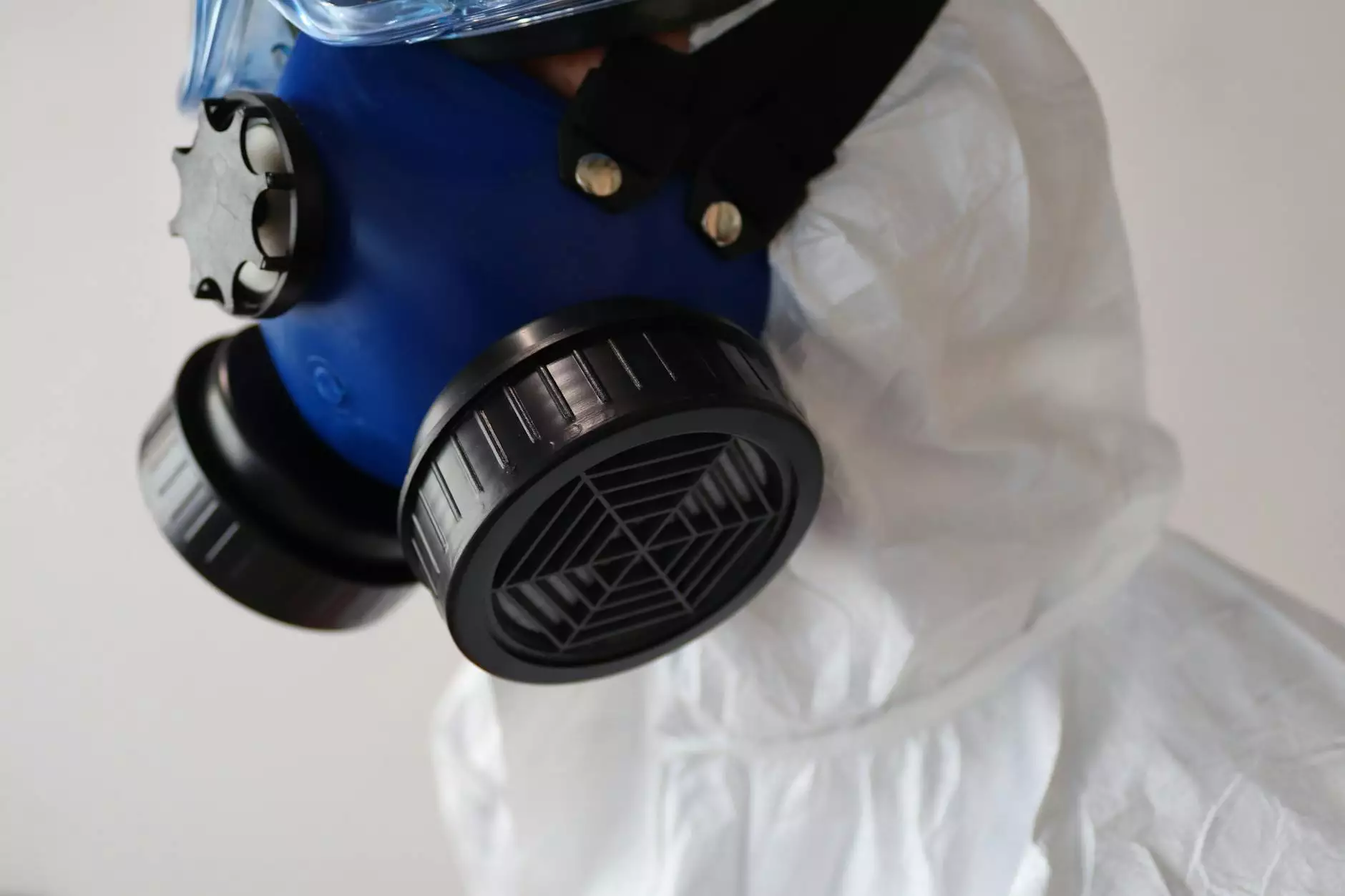Can Exercise Boost Your Immune System?

As one of the leading medical centers in the field of health, Bay Regional Medical Center is here to provide you with comprehensive information on how exercise can boost your immune system.
Understanding the Immune System
Before we delve deeper into the effects of exercise on your immune system, it is essential to understand how your immune system works. The immune system is a complex network of cells, tissues, and organs that work together to defend your body against harmful bacteria, viruses, and other pathogens.
The Link between Exercise and Immune Function
Several studies have shown that regular exercise can have a positive impact on your immune system. Engaging in physical activity stimulates the circulation of immune cells throughout your body, allowing them to detect and fight off potential threats more effectively.
Exercise also promotes the release of endorphins, known as "feel-good" hormones, which reduce stress levels. High levels of stress can weaken your immune system, making you more susceptible to infections and illnesses. By incorporating regular exercise into your routine, you can help maintain a stronger and healthier immune system.
The Benefits of Exercise for Your Immune System
Engaging in regular physical activity offers numerous benefits for your immune system:
- Enhanced Disease Resistance: Exercise increases the production of antibodies and white blood cells, which play a crucial role in fighting off infections and diseases.
- Reduced Chronic Inflammation: Chronic inflammation can impair your immune system. Exercise helps reduce inflammation by promoting the release of anti-inflammatory molecules.
- Improved Gut Health: A healthy gut is essential for a strong immune system. Exercise can enhance gut microbiota diversity, leading to better overall immune function.
- Increased T-cell Activity: T-cells are a type of white blood cell that helps regulate immune responses. Exercise has been shown to increase T-cell activity, thereby strengthening your immune defenses.
How Much Exercise is Needed?
The optimal amount of exercise for immune system benefits varies based on individual factors such as age, overall health, and fitness level. However, most experts recommend engaging in at least 150 minutes of moderate-intensity aerobic exercise or 75 minutes of vigorous-intensity aerobic exercise per week.
It is important to note that excessive exercise or overtraining can have a negative impact on your immune system. Finding a balance and listening to your body is key.
Types of Exercise to Boost Your Immune System
Various types of exercise can help boost your immune system:
- Aerobic Exercise: Activities such as brisk walking, jogging, cycling, or swimming can improve cardiovascular health and enhance immune function.
- Strength Training: Regular strength training exercises, such as lifting weights or using resistance bands, can increase muscle mass and improve immune system response.
- Yoga and Mindfulness: Practices like yoga and mindfulness-based activities can reduce stress levels, promote relaxation, and support immune system function.
Consulting with a Healthcare Professional
Before starting any new exercise program, it is always recommended to consult with a healthcare professional, especially if you have any underlying health conditions or concerns. They can provide personalized advice and help create an exercise plan suitable for your specific needs.
At Bay Regional Medical Center, our team of experts is ready to assist you in making informed decisions regarding your health. Contact us today to schedule a consultation.




